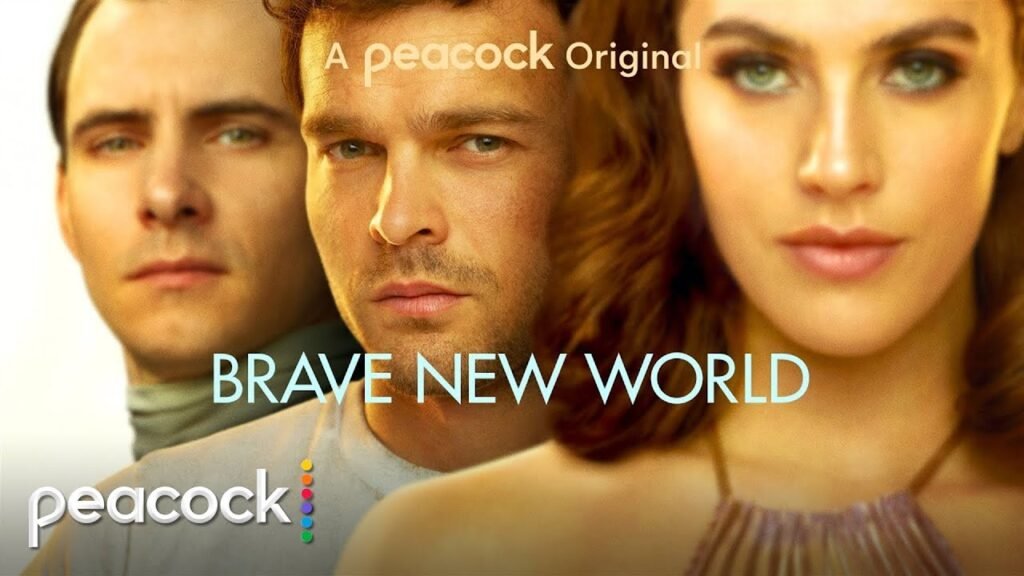Introduction
Brave New World is a famous novel written by Aldous Huxley in 1932. It is considered one of the most important works of 20th-century literature. The novel explores a futuristic society where technology, science, and government control every aspect of human life. Huxley imagines a world where happiness is manufactured, individuality is suppressed, and freedom is sacrificed for stability.
The story is set in the World State, a society that values efficiency, consumption, and pleasure above all else. People are not born naturally; instead, they are created in laboratories using a process called “Bokanovsky’s Process.” Citizens are divided into castes, ranging from the highly intelligent Alphas to the less capable Epsilons. Each person is conditioned from birth to accept their social role, ensuring the smooth functioning of society.
Huxley’s novel raises important questions about technology, freedom, and humanity. The World State achieves peace and stability, but at a high cost. Individuality, creativity, and true emotions are suppressed. People are kept content through drugs, entertainment, and superficial pleasures, such as the drug “soma,” which eliminates stress and unhappiness.
The book also explores themes like the dangers of mass production, the loss of personal freedom, and the manipulation of human desires. Huxley warns readers about a future in which humans may prioritize comfort and control over moral and spiritual values. The novel contrasts the sterile, controlled society with natural human emotions, relationships, and suffering, highlighting the cost of technological advancement without ethical consideration.
Brave New World remains relevant today as it addresses issues like genetic engineering, artificial intelligence, and the growing influence of technology on our lives. It challenges readers to think critically about progress, freedom, and what it means to be truly human. The novel’s dystopian vision continues to inspire discussions about ethics, society, and the balance between security and liberty.
In conclusion, Aldous Huxley’s Brave New World is more than just a story; it is a warning. It invites readers to reflect on the potential consequences of prioritizing comfort and control over individuality and morality. Its message is timeless, reminding us to value human dignity, creativity, and freedom in the face of technological and societal change.
